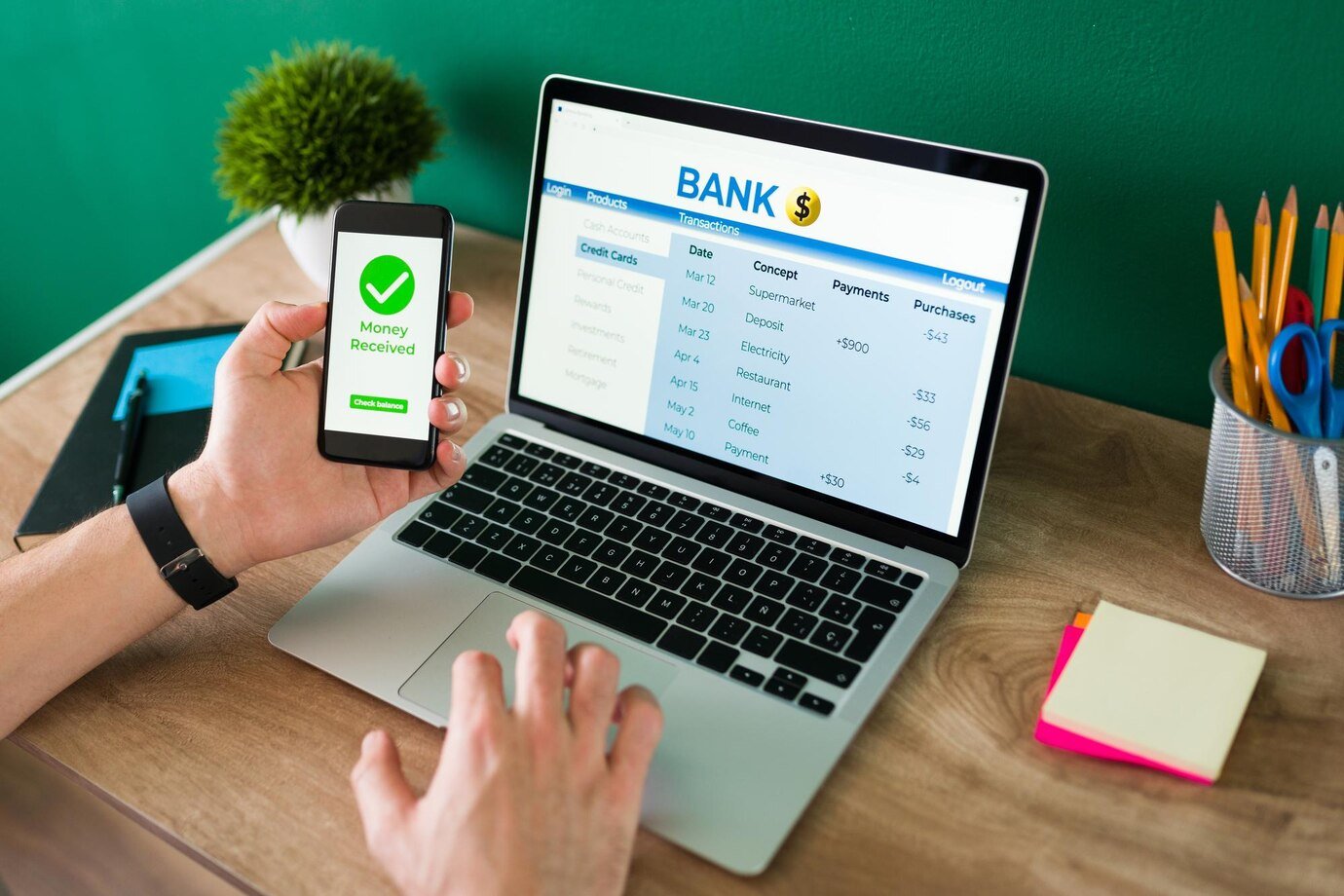Job interviews can be nerve-wracking, but thorough preparation can significantly boost your confidence and chances of success. Knowing what to expect and how to present yourself can make all the difference. Here are the best things you should know before going to an interview.
Research the company and the role
Before heading into an interview, it’s crucial to research the company thoroughly. Understand its mission, values, products, services, and industry standing. This knowledge not only demonstrates your interest in the company but also helps you tailor your answers to align with the company’s goals and culture.
Visit the company’s website, read recent news articles, and review their social media profiles to get a comprehensive view.
Additionally, study the job description closely. Identify the key responsibilities and required skills for the position.
Consider how your past experiences and skills match these requirements. Prepare examples that showcase your relevant accomplishments and experiences. This preparation will enable you to articulate clearly why you are a perfect fit for the role.
Prepare and practice your answers
One of the best ways to prepare for an interview is to anticipate common questions and practice your responses. Typical questions include:
- Tell me about yourself.
- Why do you want to work here?
- What are your strengths and weaknesses?
- Describe a challenging situation you faced and how you handled it.
Use the STAR method (Situation, Task, Action, Result) to structure your answers to behavioral questions. This method helps you present your experiences clearly and concisely, highlighting your problem-solving skills and achievements.
Practicing your answers out loud can help you refine your responses and improve your confidence. Consider conducting mock interviews with a friend or using online tools to simulate the interview experience.
Dress appropriately and arrive early
First impressions matter, so dressing appropriately for the interview is essential. Choose professional attire that aligns with the company’s culture. When in doubt, it’s better to be slightly overdressed than underdressed. Ensure your clothes are clean, pressed, and well-fitting. Pay attention to grooming and hygiene as well.
Plan to arrive at least 15 minutes early for the interview. This allows you time to compose yourself and demonstrates punctuality. Being late can create a negative impression, regardless of the reason. If the interview is virtual, test your technology beforehand to ensure a smooth and timely start.
Bring the necessary documents and be ready to discuss your resume
Bring several copies of your resume to the interview, even if you’ve already submitted it online. Having extra copies shows you are prepared and allows the interviewer to reference it during the discussion. Additionally, bring a list of references, a notepad, and a pen.
Be ready to discuss your resume in detail. Interviewers often ask questions based on the information provided, so be familiar with your work history and accomplishments. Highlight experiences that are most relevant to the position you are applying for. Be honest about your experiences and be prepared to discuss any gaps or transitions in your employment history.
Prepare questions to ask the interviewer
An interview is a two-way street. While the interviewer assesses your fit for the role, you should also evaluate if the company is the right fit for you. Prepare thoughtful questions to ask the interviewer about the company, team, and role. This demonstrates your interest and helps you gather important information. Some questions to consider include:
- Can you describe a typical day in this role?
- What are the biggest challenges facing the team right now?
- How do you measure success in this position?
- What are the opportunities for professional growth and development?
Asking insightful questions shows that you have done your homework and are genuinely interested in the position. It also helps you gain a deeper understanding of what to expect if you join the company.
Follow up after the interview
A crucial step that many candidates overlook is following up after an interview. Send a thank-you email to the interviewer within 24 hours of the interview. Express your gratitude for the opportunity, reiterate your interest in the position, and briefly mention something specific you discussed during the interview to personalize your message.
This follow-up not only shows good manners but also keeps you fresh in the interviewer’s mind as they make their decision.
Additionally, if you don’t hear back within the expected timeframe, it’s appropriate to send a polite follow-up email inquiring about the status of your application. This shows your continued interest in the position and can sometimes prompt a quicker response from the hiring team.
To wrap up
Preparing for a job interview involves thorough research, practice, and attention to detail. Understanding the company and role, practicing your responses, dressing appropriately, arriving early, bringing necessary documents, asking insightful questions, and following up after an interview, you can significantly improve your chances of making a positive impression and securing the job.
Remember, preparation is key to demonstrating your professionalism and suitability for the role, helping you stand out in a competitive job market.





